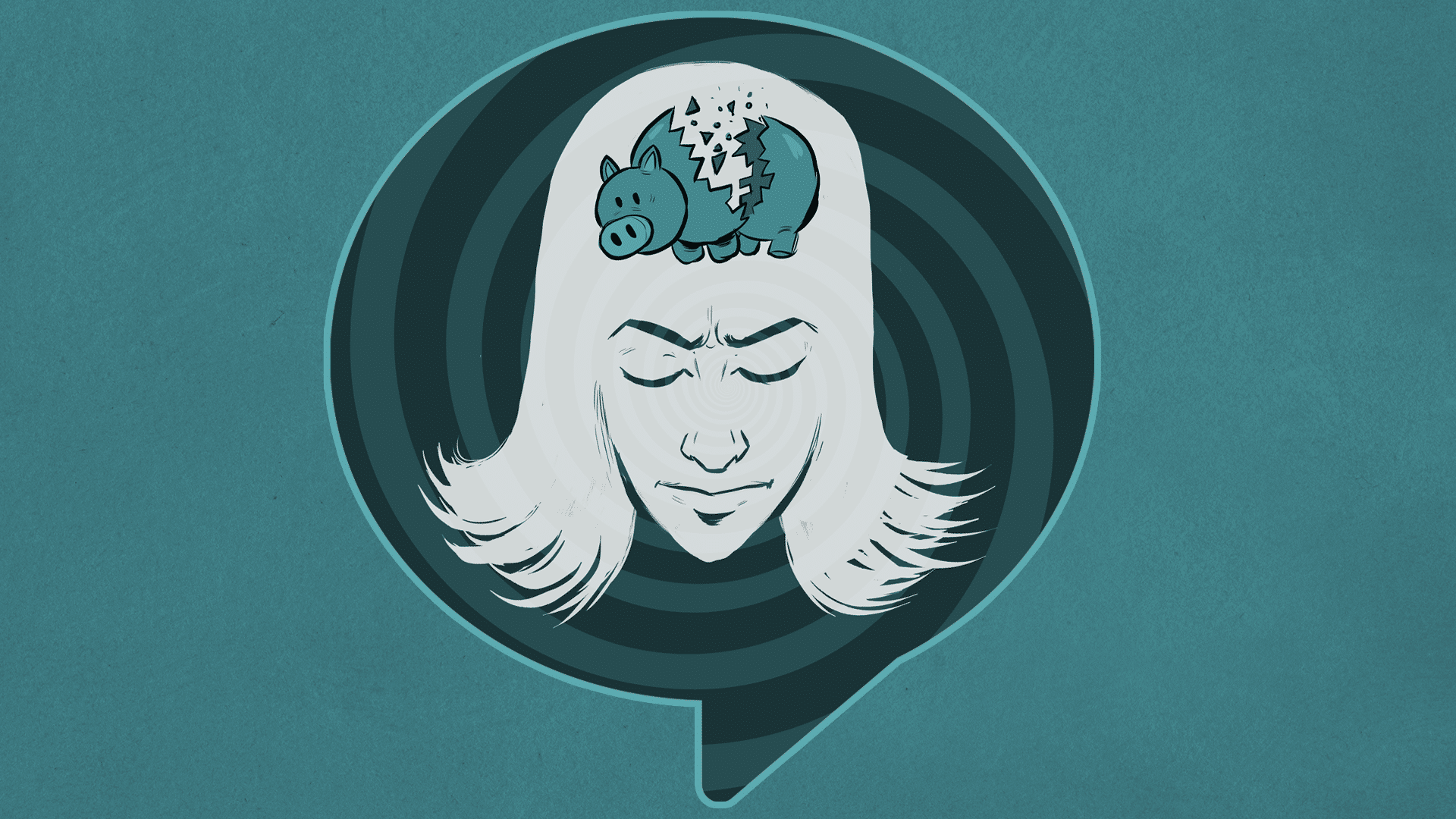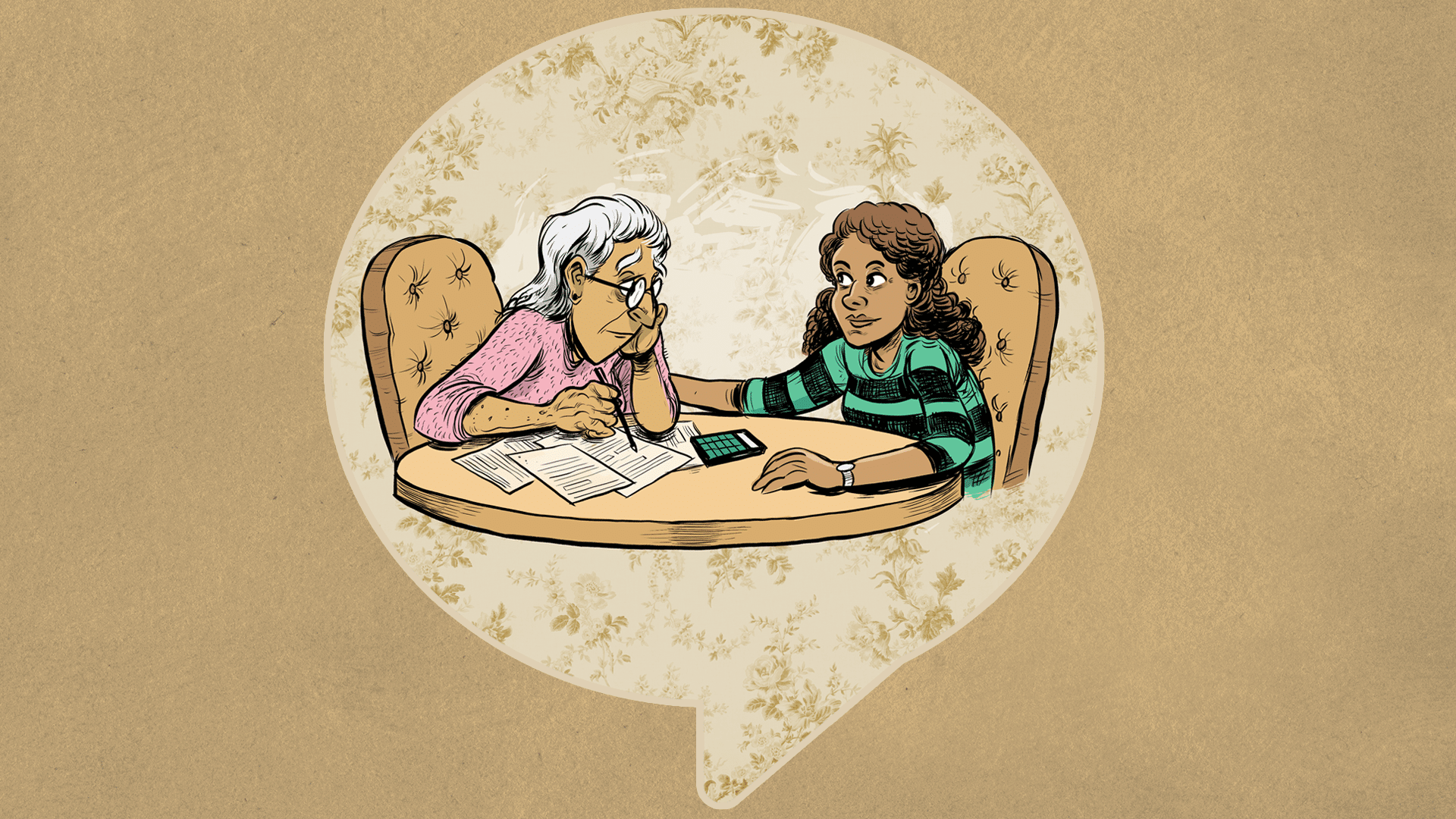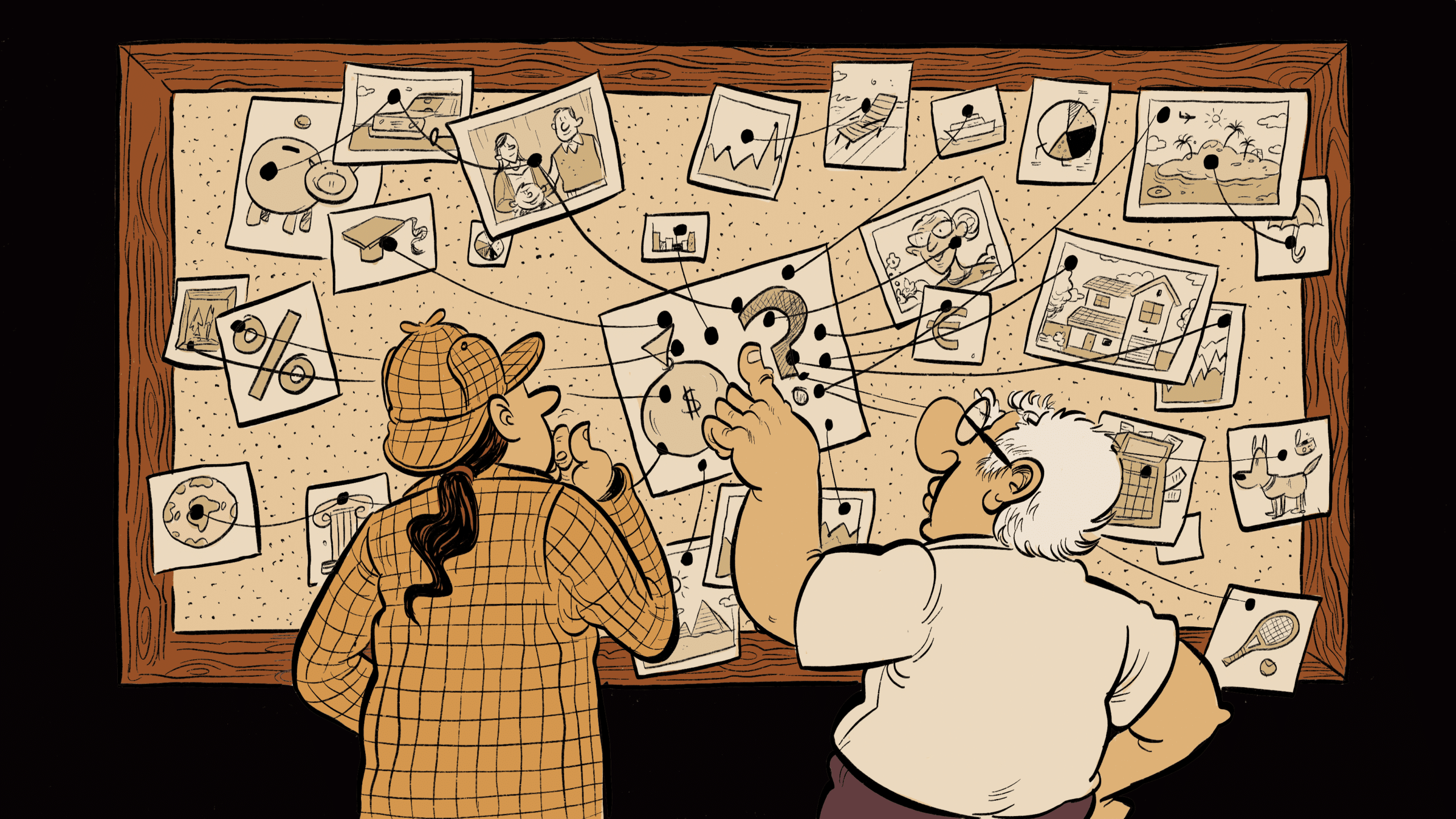
Ask MoneyTalk: As a single woman, am I really at a disadvantage when it comes to my money and mental health?
With women opting to marry later, or not at all, many women will be “financially single” for most of their adult lives. Dr. Nasreen Khatri explains why it’s important that women maintain economic agency and mental well-being, regardless of age or relationship status.

DR. NASREEN KHATRI
Clinical Psychologist and Neuroscientist
In 2016, the Canadian census revealed that for the first time in history, single person dwellings were the most common type of household. In fact, the number of people living alone in Canada has more than doubled in the last 35 years.1 It stands to reason that more women than ever are choosing to live and plan for their futures on their own.
And yet the societal myth of the coupled woman with a wage-earning partner is slow to disappear. This myth may persist because of the strong social narrative that marriage means money for women. We live in a world that is optimized for couples: Marriage and common-law relationships can allow two people to maintain a lower cost of living, a higher rate of savings and even help to weather a financial storm. Additionally, single people may pay higher premiums for things like health and automobile insurance. Therefore, it stands to reason that those who are intentionally single may feel that they are at a financial disadvantage. In addition to financial pressures, this can add a mental toll to your life.
But I might suggest there can be advantages for women who choose to remain single. And here I’d point not just to women who live on their own but any person who has no intention to mix their money with a partner’s. One advantage is that they can independently plan for a single financial life, which may have a smaller “pie” but also possibly fewer financial obligations (with could include supporting a spouse, and perhaps children.)
That may be scary but also potentially liberating. If you’re looking to have your (whole) financial pie and it eat it, too, here are some ideas that may help to manage the mental and financial load:
Accept your independence
It can be important to acknowledge and accept that you intend to remain “financially single.” Understand that there is nothing wrong with this approach. Indeed, I think it is a laudable adult goal for anyone to plan for financial independence.
Set some goals
You might consider thinking about your financial life goals. Retirement is a big one, but you may also have plans to buy a home or even have children on your own. In which case, you may start thinking about how much money you’ll need for each goal, and when you think you’ll need it. Start thinking about your life goals and how much that might cost. For example, do you have a dream to go to law school? Maybe you know eventually you’d like to retire by the English seaside, or maybe you would like to help your nieces or nephews pay for university. Do some research about how much it would cost, when you might need the money, and think about ways to fund those goals. This is where a financial advisor can carry their weight in gold.
Find support
Seek and surround yourself with the support you need to make your goals a reality. One source of practical support may be working with a financial professional who can help you create a life plan for independence and success, whatever that looks like for you.
Plan for flexibility
Many financial professionals will tell you to plan early and often. It can be wise to revisit your goals and progress as life changes and new challenges arise.
These are things that I think can help single women manage their money and mental health. But in fact, these ideas can apply to all women. After all, due to later marriage, divorce and widowhood, the true picture is that even married women and those in common-law relationships may spend up to half of their adulthood “financially single.”
Remember: One way to predict the future is to create it with a team that cares about your financial life goals.
You can visit the TD Wealth for Women website to find more about how women can meet their financial goals, now and in the years ahead.
Dr. Nasreen Khatri is an award-winning registered clinical psychologist, gerontologist and neuroscientist with over 15 years of professional experience. She specializes in the assessment, treatment and research of mood and anxiety disorders in women and aging at The Rotman Research Institute in Toronto. She is also a Scientific Officer of the Centre for Aging and Brain Health Innovation at the Baycrest Centre.
- Statistics Canada. Families, households and marital status: Key results from the 2016 Census. August 2, 2017. https://www150.statcan.gc.ca/n1/daily-quotidien/170802/dq170802a-eng.htm. Accessed November 1, 2021 ↩

















